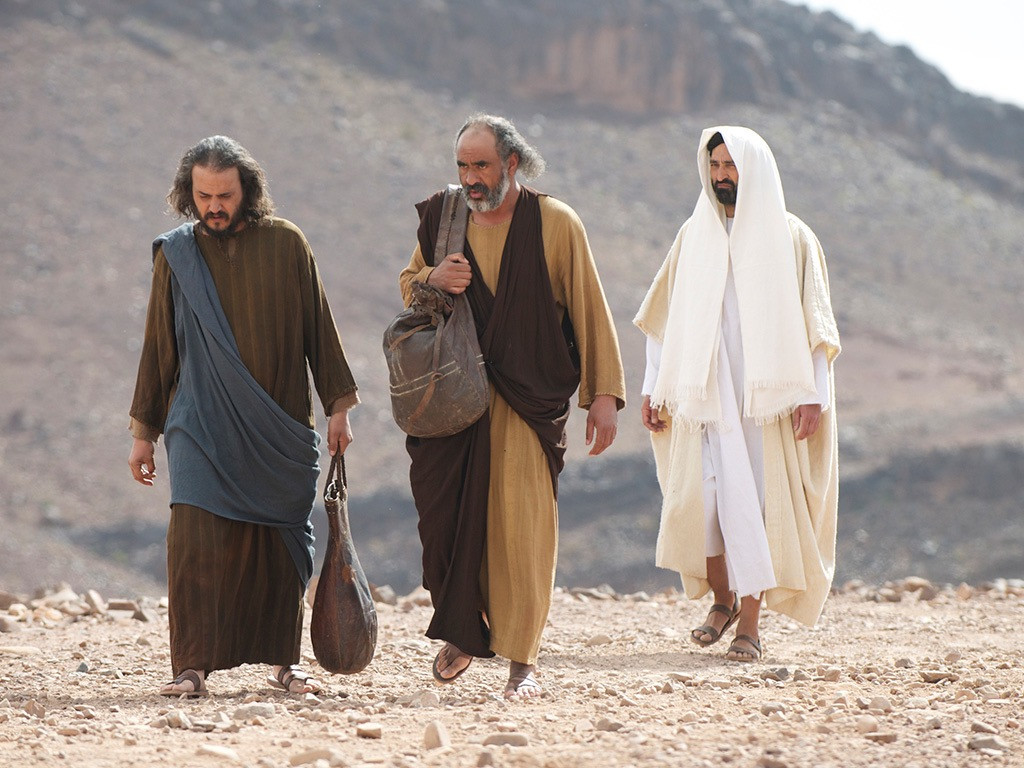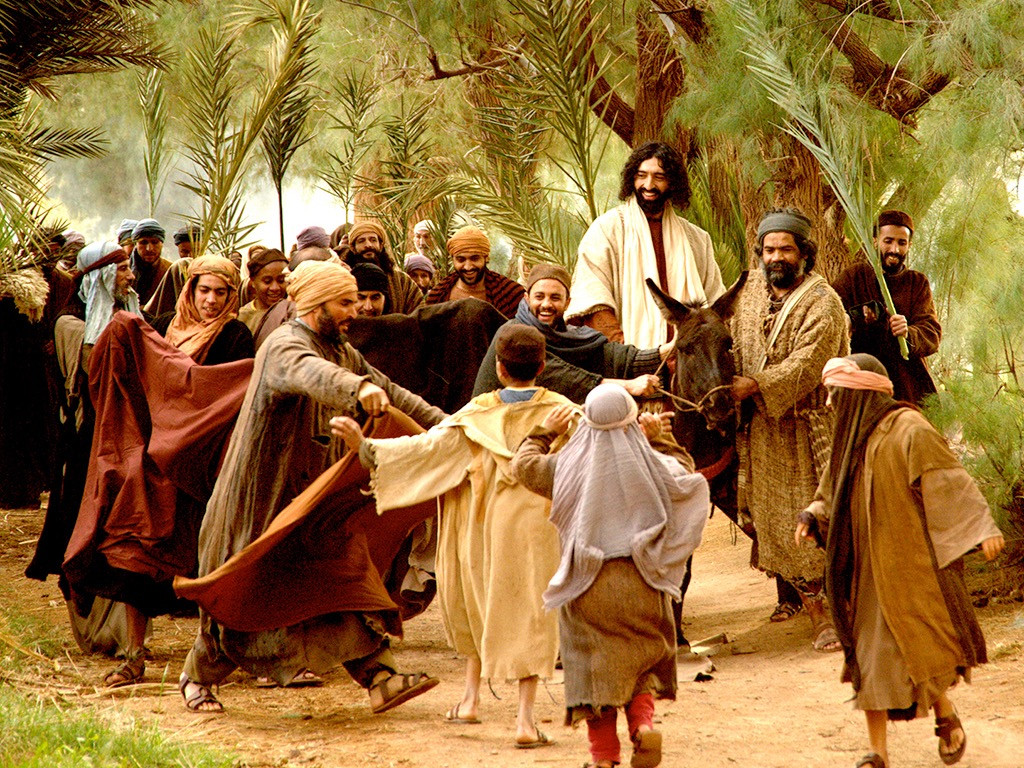
When we think of leaders, our minds naturally gravitate towards political leaders. But there are leaders in every walk of life from companies to churches, from schools to scientists, from hospitals to the home. Can you name all the leaders in the image and their field of influence?
Leaders come in all sorts of shapes and from all sorts of backgrounds. Some are inspiring, while others inspire terror. Some seek to serve those around them while others seek to dominate by eliminating rivals. What sort of leader are you, or what sort of leader would you be glad to follow?
In the reading this week from 1 Samuel, the people of Israel have become disillusioned with the leadership offered by Samuel and his corrupt sons. They want a different sort of leader – they want a king like other nations around them, a powerful military figure to lead the army. Samuel warns the people that such a king will be greedy and selfish and will not support the needs of ordinary people. But the people are adamant they want a king and God advises Samuel to grant their wish.
It turns out in Israel that a king may be brave and successful in battle yet be morally weak and paranoid in other respects. Over the centuries, the prophets paint a picture of an ideal leader who is identified as the Messiah. When Jesus comes along, he ticks several of the boxes of this ideal leader (filled with God’s Spirit, just, compassionate) but not the hope of a successful military leader. So as we think about leaders in the Bible as well as contemporary leaders, none seems to meet all our hopes and expectations. For Christians, though, Jesus has become the type of leader we admire most and seek to emulate. What leadership qualities does Jesus demonstrate that we could aspire to? How would our own leadership style need to change to become more like that of Jesus?






:max_bytes(150000):strip_icc():format(webp)/france-grapes-ready-for-harvest-545857681-57b053b53df78cd39ccfc740.jpg)


